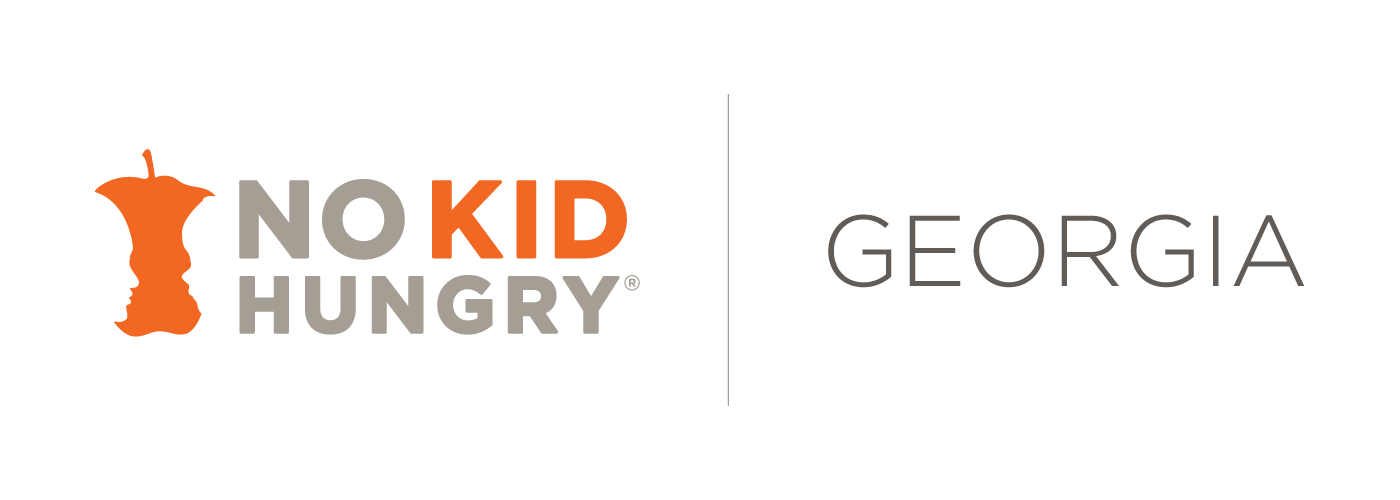USDA Economic Research Service released their annual report on household food security in the U.S. These are the official food security numbers for the country from January-December 2020, a year marked by both a health pandemic and economic crisis. Below are a few lessons we are taking away from this report.
The good news is that SNAP, Pandemic EBT, and School Meals helped families in need during this crisis. During the economic catastrophe of the Great Recession of 2008, food insecurity rates skyrocketed and took more than a decade to return to pre-Recession rates. Despite the true hardships that so many families have faced during the past 18 months, we did not see a major increase in the percentage of American households that were food insecure. The USDA report is a direct testament to the power of interventions like an increased SNAP allotment, Pandemic EBT, and waivers that allowed schools and community organizations to adapt their programs to reach families in need. It also underscores how essential it is to continue to strengthen these programs in the weeks to come.
But we still have important work to do to better support our communities facing hunger. There are millions of households facing food hardship, which means we need to strengthen the federal nutrition program to meet every household in need. For example, only 55% of food-insecure households participated in one or more key nutrition programs (WIC, SNAP, School Lunch) in the month before the survey. The report also highlights growing racial and geographic disparities. Food insecurity increased for Black Americans and households living in the South but improved for non-Hispanic white-headed households and households living in the Midwest. The gap between Black and white households widened further (14.6 percentage points gap, up from 11.2 points in 2019). The pandemic impacted more Black and Hispanic households than white Households, and our work to end hunger in America must address these racial, ethnic, and geographic disparities.



